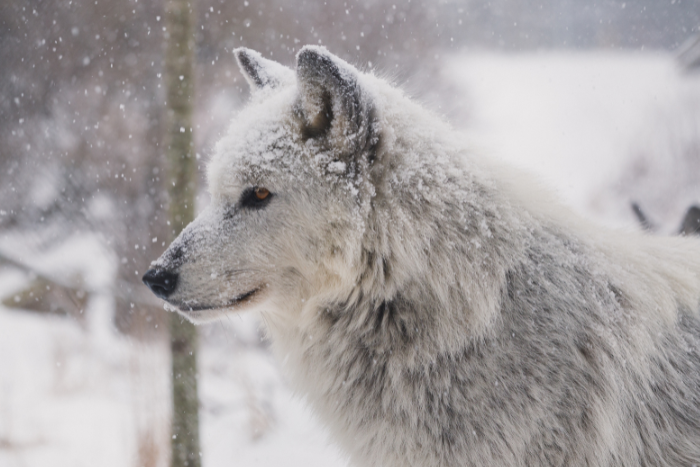The atmosphere’s growing thirst for water is making droughts more severe, even in places where rainfall has stayed the same. New research by Dr Solomon H. Gebrechorkos and Prof Simon Dadson et al in SoGE, published in Nature, finds that this “thirst” has made droughts 40% more severe across the globe.
News
Earth's growing thirst is making droughts worse, even where it rains
The atmosphere’s growing thirst for water is making droughts more severe, even in places where rainfall has stayed the same. New research by Dr Solomon H. Gebrechorkos and Prof Simon Dadson et al in SoGE, published in Nature, finds that this “thirst” has made droughts 40% more severe across the globe.
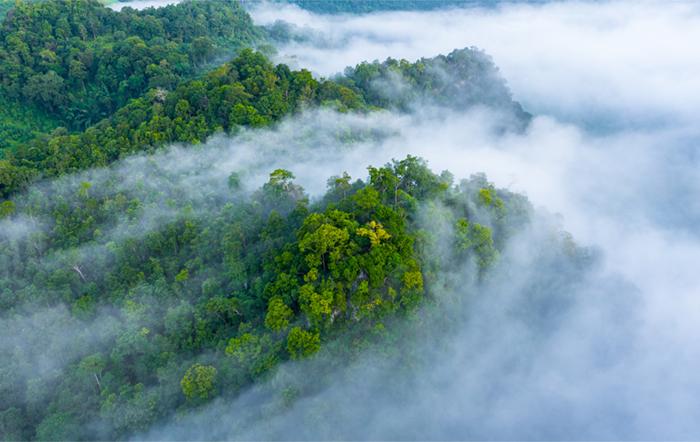
Exploring the Belmont Estate: Rewilding in practice
Rewilding ventures like the restoration project at the Belmont Estate near Bristol, are becoming vital testbeds for how we restore biodiversity, adapt to climate change, and rethink our relationship with the land. Staff and students from the Leverhulme Centre for Nature Recovery (LCNR) and SoGE's Biodiversity, Ecosystems and Conservation research cluster explore Watercress Farm, part of the 3,500-acre Belmont Estate, just west of Bristol.
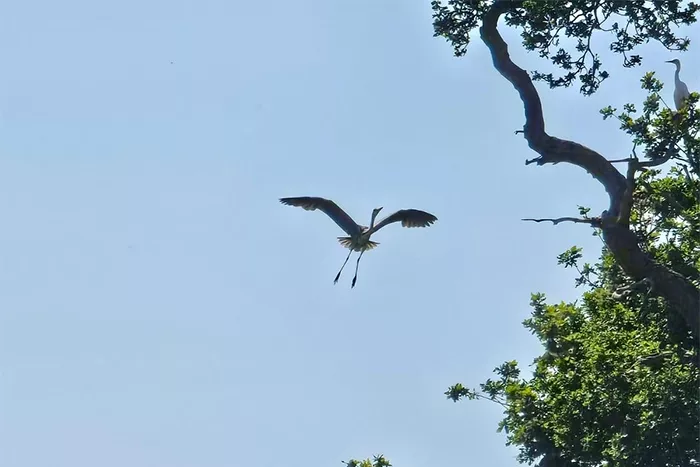
Exhibit urges dialogue on water inequality
Coverage in the Manila Standard of the "Fair Water?" exhibit on water access and inequality which opened this week at the Ayala Museum in Makati. The exhibit developed by the REACH programme aims to raise awareness and start conversations about one of today’s most urgent global concerns: fair and equal access to clean water.
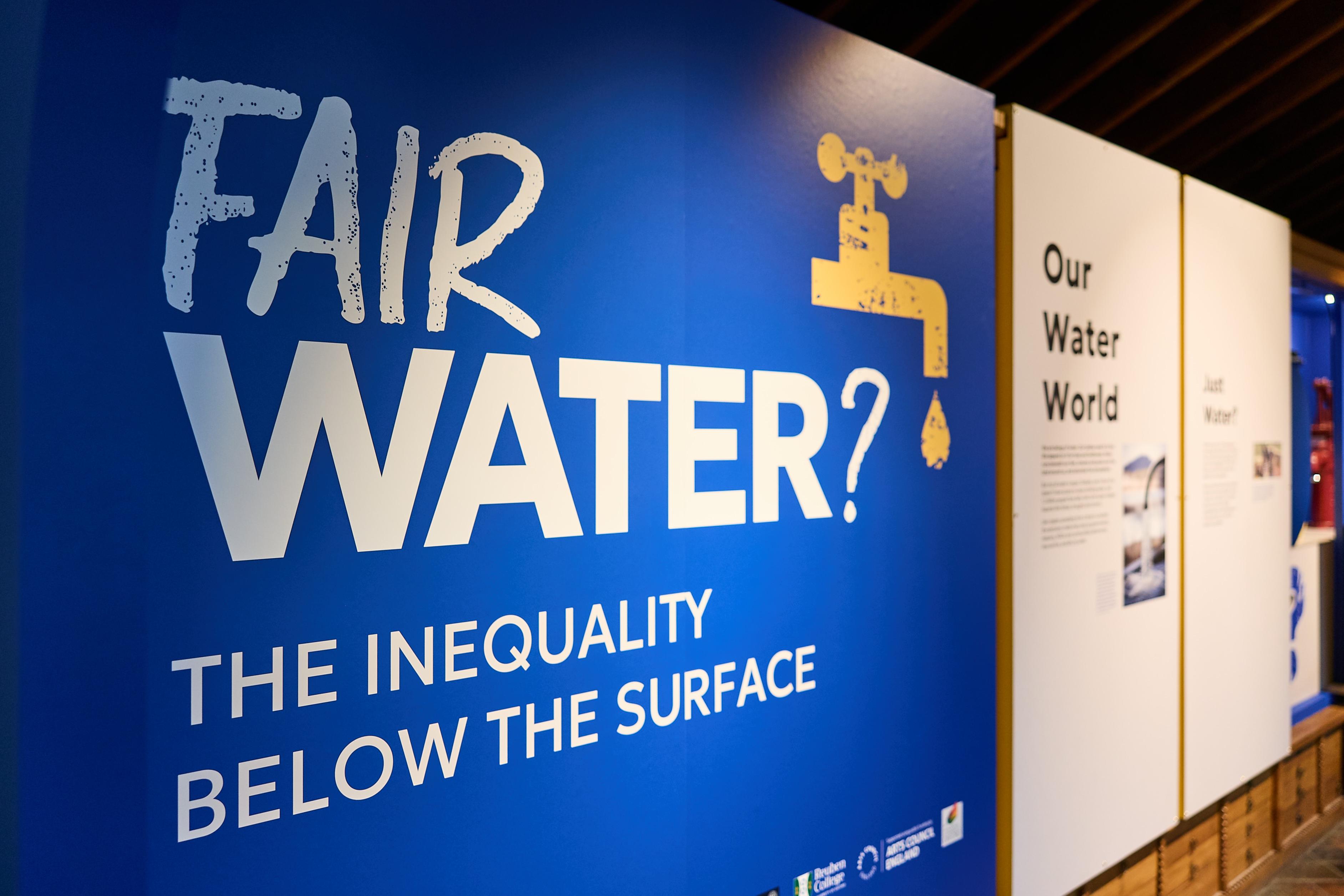
Professor Jim Hall elected Fellow of the Royal Society
Professor Jim Hall, Director of the Oxford Programme for Sustainable Infrastructure Systems (OPSIS) and Professor of Climate and Environmental Risks at the University of Oxford, has been elected a Fellow of the Royal Society (FRS).

How lichens are bringing stone to life and reconnecting us with the natural world
Dr Nicholas Carter explores how lichens are bringing stone to life and reconnecting us with the natural world in an article for The Conversation. His article was a runner up in The Conversation Prize for writers, run in partnership with Faber and Curtis Brown.
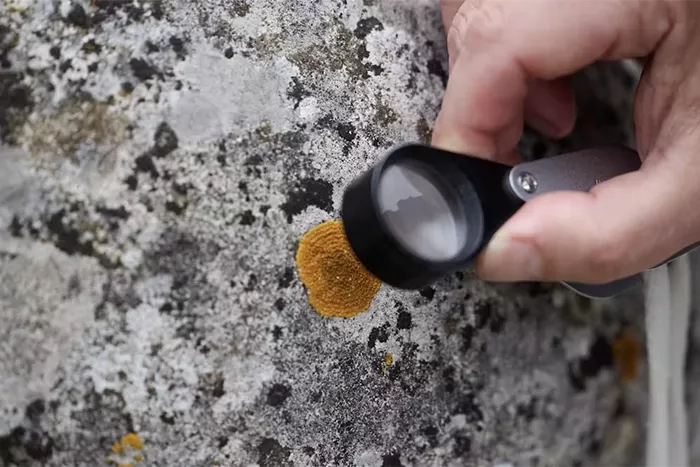
GRIT remaps the world’s rivers, branching into the unknown to aid global flood modelling
A team, led by Professor Louise Slater in the School of Geography and the Environment, has created the most complete map of the world’s rivers ever made offering a major leap forward for flood prediction, climate risk planning, and water resource management in a warming world. The new study, published in Water Resources Research, introduces GRIT—a mapping system that finally shows how rivers really flow, branch, and connect landscapes.
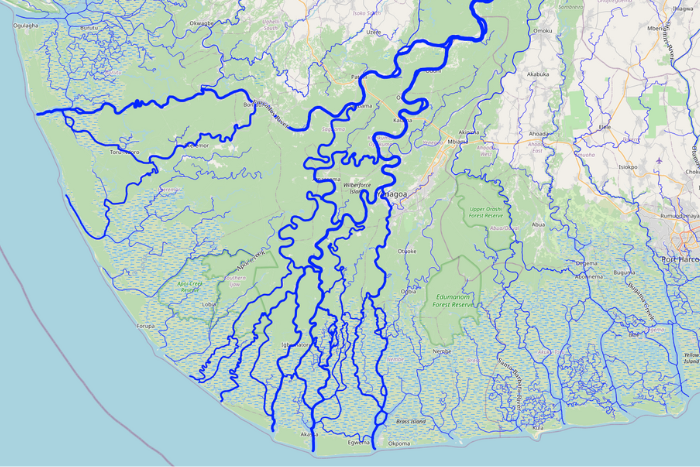
Oxford collaborates with the BBC: The power of fandom in Call the Midwife audiences
A new co-produced video series from the BBC and Dr Alice Watson, from the School of Geography and the Environment, explores how the acclaimed television drama Call the Midwife inspires audiences to engage, create, and connect — offering fresh insights into the power and resonance of popular culture, and the wider impact of public service broadcasting.
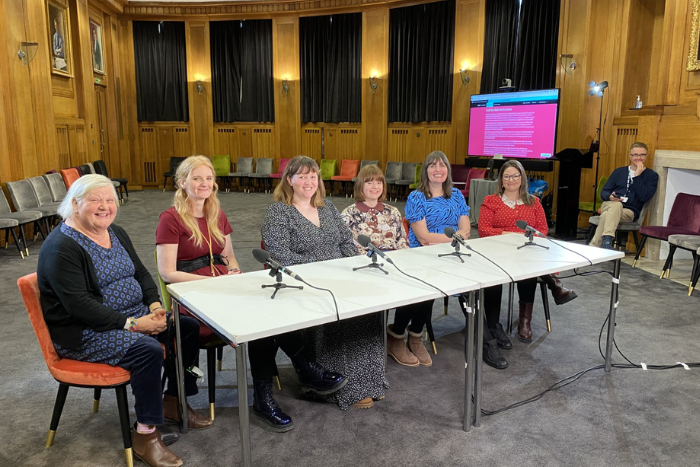
Professor Gillian Rose awarded Victoria Medal in 2025 RGS-IBG honours
Professor Gillian Rose has been awarded the Royal Geographical Society (with IBG) Victoria Medal for conspicuous merit in research in geography.
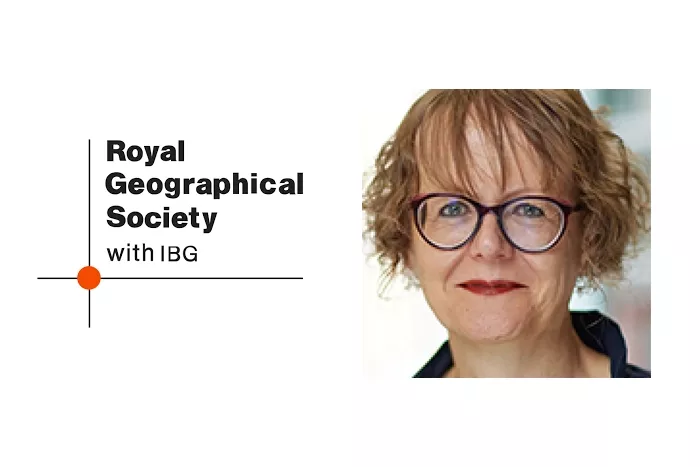
Forests through time: what can ancient trees tell us about ecosystem restoration?
How have plants adapted over centuries or millennia to survive and recover from human interference? David Moreno-Mateos and his team are analysing tree species in Brazil’s Amazon Rainforest to find out, and to help inform and improve future restoration practice.

Why ‘de-extinct’ dire wolves are a Trojan horse to hide humanity’s destruction of nature
In a thought-provoking feature for The Conversation, Dr Rich Grenyer, Associate Professor in Biodiversity and Biogeography, examines the ethical and ecological concerns surrounding de-extinction, arguing that the allure of reviving species like dire wolves risks diverting attention from the ongoing human-driven destruction of the natural world.
